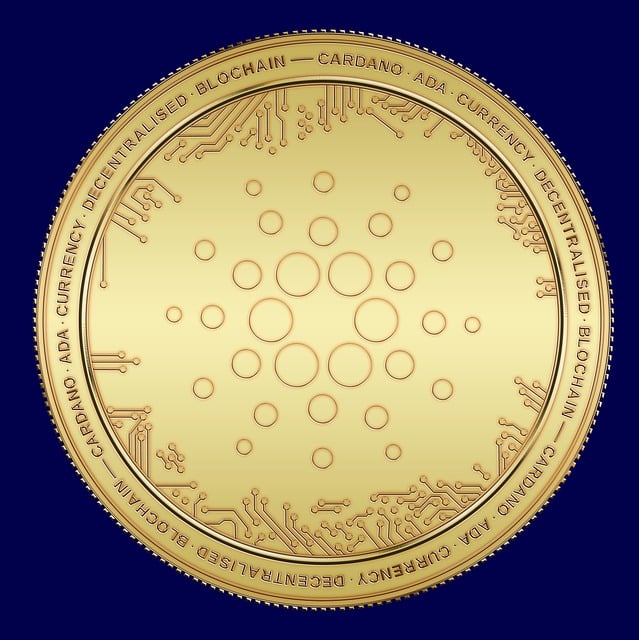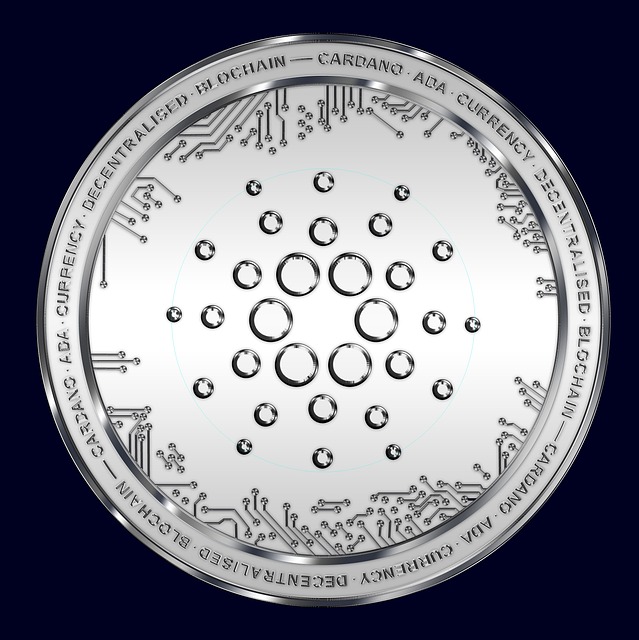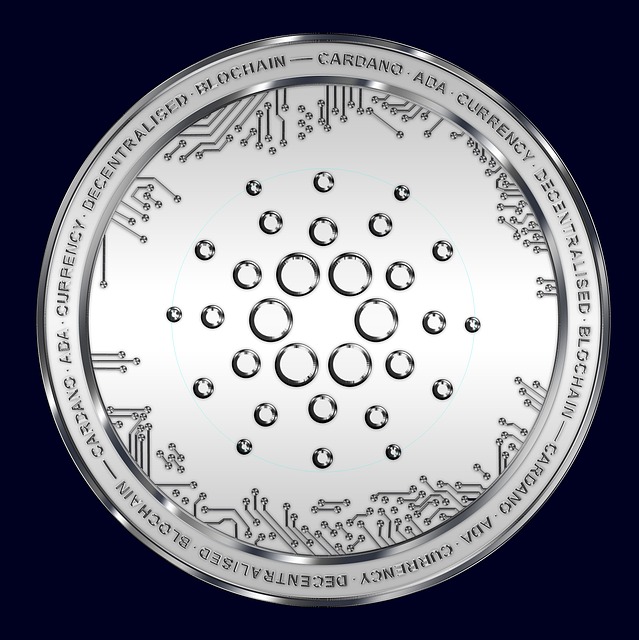
Cardano's community-driven governance model, powered by ADA token holders, revolutionizes blockchain decision-making through transparent voting mechanisms and smart contracts. This innovative approach ensures collective wisdom shapes the network's future, enhancing decentralization and democratic participation while addressing challenges like high engagement requirements and complex secure voting processes.
“Cardano, a leading blockchain platform, is transforming governance through its community-driven approach. This article delves into Cardano’s innovative voting mechanisms and their role in fostering a decentralized ecosystem. We explore how these mechanisms are evolving with key features designed to enhance participation and security. Furthermore, we analyze the benefits and challenges, providing a comprehensive view of Cardano’s unique governance model and its potential impact on the future of blockchain.”
- Understanding Cardano's Community-Driven Governance Model
- The Role of Voting in Cardano's Decentralized Ecosystem
- How Voting Mechanisms are Evolving: Key Features
- Benefits and Challenges: A Comprehensive Analysis
Understanding Cardano's Community-Driven Governance Model

Cardano’s governance model is a prime example of community-driven innovation, where every holder of ADA tokens has a say in shaping the blockchain’s future. This decentralized approach ensures that decisions are not solely in the hands of a few, but rather reflect the collective wisdom and interests of the entire Cardano ecosystem. The platform facilitates voting on various proposals, from new features to budget allocations, allowing for direct participation in the governance process.
Through smart contracts and a transparent system, Cardano enables secure and efficient voting mechanisms. This not only empowers the community but also ensures that changes are implemented with consensus, fostering a collaborative environment where every participant has a stake in the network’s success.
The Role of Voting in Cardano's Decentralized Ecosystem

Cardano, a blockchain platform focused on security and sustainability, leverages voting mechanisms as a cornerstone of its community-driven governance model. In this decentralized ecosystem, voting plays a pivotal role in decision-making processes, ensuring that the network remains responsive to the needs and aspirations of its stakeholders. By enabling holders of Ada (ADA), Cardano’s native cryptocurrency, to participate in key decisions, the platform fosters a sense of ownership and encourages active involvement within its community.
Through on-chain voting systems, such as the Oracle network and the Smart Contracts, Cardano allows for transparent and secure proposal evaluation. This democratic approach facilitates the evolution of the protocol, from tweaking existing features to introducing groundbreaking innovations. By giving every vote equal weight, Cardano’s voting mechanisms ensure that the collective wisdom of its community guides the project’s future, making it a truly decentralized and community-centric blockchain.
How Voting Mechanisms are Evolving: Key Features

Cardano’s voting mechanisms are at the forefront of community-driven governance, continually evolving with innovative key features. The platform incorporates multi-signature (multi-sig) transactions, where multiple parties must approve any change, ensuring collective control and security. This mechanism mirrors real-world decision-making processes, fostering a sense of communal ownership.
Additionally, Cardano leverages smart contracts to automate the voting process, making it transparent and tamper-proof. This includes the use of proof-of-stake (PoS) consensus, where token holders can propose, vote, and execute changes based on their stake, aligning incentives with long-term community interests. These advancements not only enhance democratic participation but also promote the network’s overall security and sustainability.
Benefits and Challenges: A Comprehensive Analysis

Cardano’s community-driven governance model offers several benefits, including enhanced decentralization and democratic decision-making processes. By leveraging a robust voting mechanism, Cardano enables token holders to participate actively in shaping the network’s future, ensuring that the platform remains responsive to its community’s needs. This approach fosters transparency, as every vote contributes to an open and transparent process, allowing for collective ownership and governance.
However, implementing such a system presents challenges. Effective participation requires a significant level of engagement from the Cardano community, which can be challenging in large-scale decentralized networks. Additionally, ensuring secure and fair voting processes is crucial but complex, as it demands robust security measures to safeguard against potential threats and manipulation. Balancing these factors is essential for Cardano’s continued success in establishing an evolving governance framework that benefits its ecosystem.
Cardano’s commitment to community-driven governance, centered around innovative voting mechanisms, positions it as a leading force in decentralized decision-making. By continually evolving its processes, Cardano ensures that the network remains responsive to its global community while maintaining robust security and transparency. As the blockchain space matures, these democratic principles are not only enhancing user trust but also setting a precedent for effective governance models within the industry.





